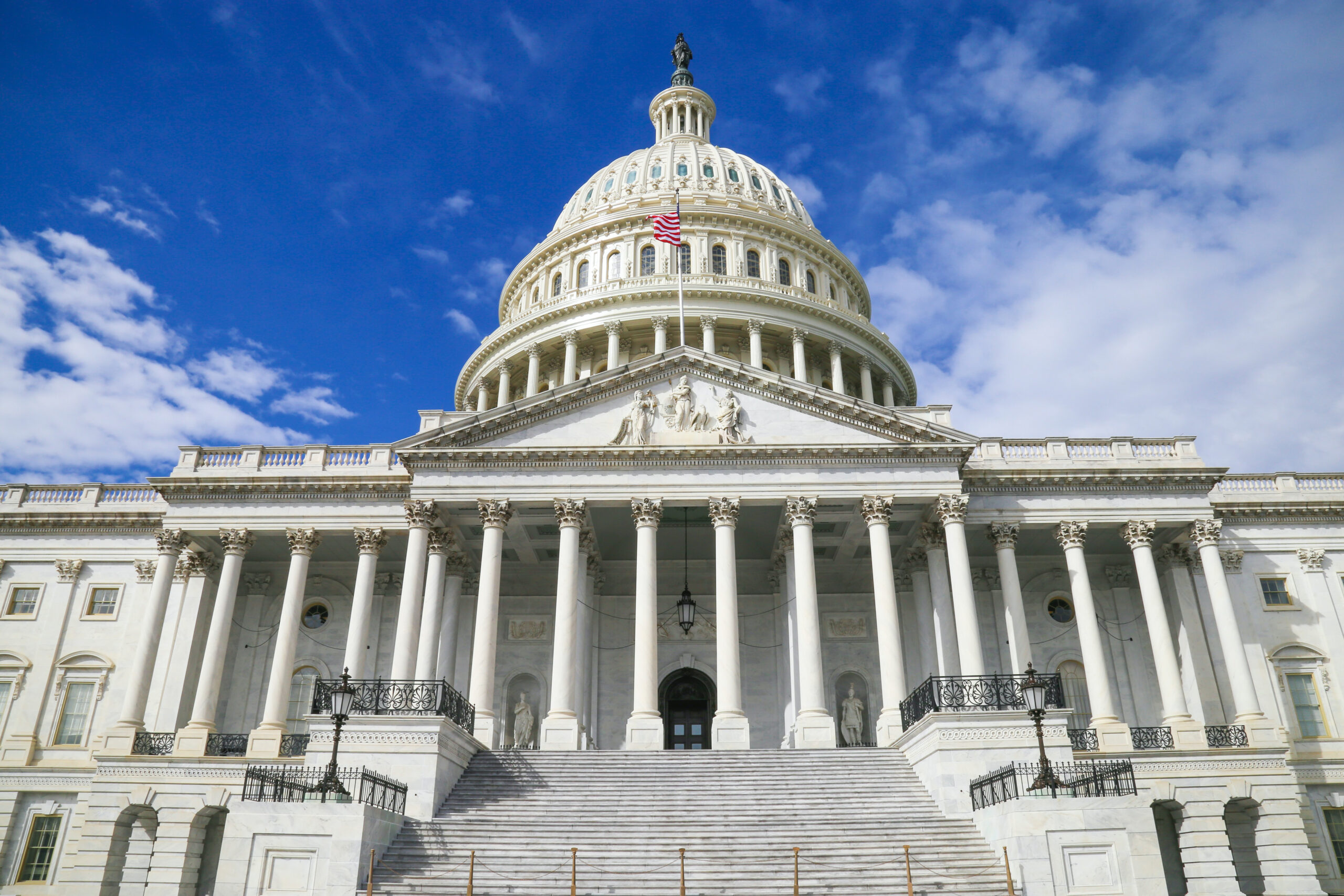EPA Administrator Andrew Wheeler spoke at the G20 Agriculture and Water Ministers Meeting on Sept. 12, emphasizing the need for access to safe drinking water and the environmental challenges water will continue to present in the future. As summer draws to a close, EPA has been actively engaged with environmental rulemaking and guidance, including the Guidance on Plantwide Applicability Limitation (PAL) provisions under the Clean Air Act’s New Source Review (NSR) Regulations.
In addition, the U.S. Senate introduced the Environmental Justice for All Act in response to a finding showing environmental hazards disproportionately burden communities of color, low-income communities, tribal communities, and other vulnerable populations. The premise of the bill is that clean air, clean water, and an unpolluted environment are rights of all people regardless of their race, national origin, or income level. If passed, this bill would authorize regulators to consider impacts of recent permitting decisions under the Clean Air Act and Clean Water Act. It would also provide funding to projects that address environmental and public health issues.
Here are some other regulatory updates:
NESHAP and HAP moves
The EPA released proposed amendments to the National Emission Standards for Hazardous Air Pollutants for the control of hazardous air pollutants as they apply to boilers and process heaters. If enacted, stricter requirements aimed to reduce specific types of emissions from approximately 450 types of boilers would be put into place. Impacted facilities will be given three years to comply with the new limits.
Effluent limitation guidelines for power plants
The EPA has finalized the Steam Electric Effluent Limitations Guidelines (ELG) Reconsideration Rule for coal-fired power plants. The revisions to the 2015 rule change requirements for two steam electric power plant waste streams: flue gas desulfurization (FGD) wastewater and bottom ash (BA) transport water.
Disclosure requirement amendments released
The SEC announced proposed amendments aim to simplify disclosure and reporting requirements, including environmental penalties and certain other environmental impacts. These changes may enable companies to avoid disclosing environmental penalties and litigation that they would have been required to report under the original rule. The new rules will become effective 30 days after publication in the Federal Register.


